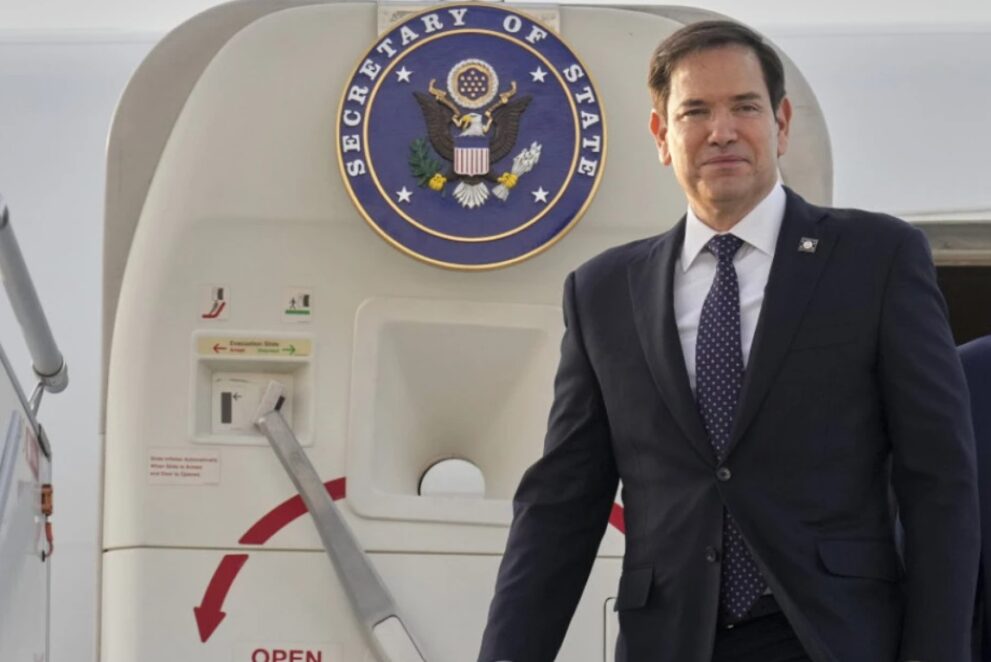US Secretary of State Marco Rubio said today in Brussels that the US will remain in NATO, but that it is necessary for the alliance to be more capable and that is why all members should increase defense allocations to five percent of gross domestic product (GDP).
After arriving at the two-day meeting of foreign ministers of NATO members, in which he is participating for the first time, Rubio said that the administration of US President Donald Trump is not against NATO, but that he wants the organization to be able to defend the territories of its members.

“The US is NATO, the US is active in NATO as it always has been. I see hysteria in the global media and in some media in the US (regarding the possible exit of the US from the alliance), but President Trump has clearly said that he supports NATO and that we will remain in NATO,” said Rubio at the headquarters of the Western military alliance.
During a joint address with NATO Secretary General Mark Rutte ahead of their one-on-one meeting, Rubio said the US wants NATO to be “stronger and more sustainable” and added that the only way to achieve that is for America’s allies to “have more capabilities”.
“We all have our domestic needs, but we prioritized defense because of our role in the world. And we want our partners to do the same. I understand that some may not want to give up social security policies, but the war in the heart of Europe in the last few years reminds us that hard power is still necessary as a deterrent,” Rubio said.
He added that he wants to leave Brussels “with the knowledge that each NATO member is ready to increase defense spending to five percent of GDP.”
“If the threats are as terrible as we think they are, we must have the ability to oppose them. This is also the message of President Trump, he is not against NATO, he is only against NATO that does not have the ability to fulfill the obligations that the North Atlantic Treaty imposes on each member,” said the head of American diplomacy.
He stated that “no one expects that someone will be able to do it in a year or two”, but that “the road to it must be realistic”.









